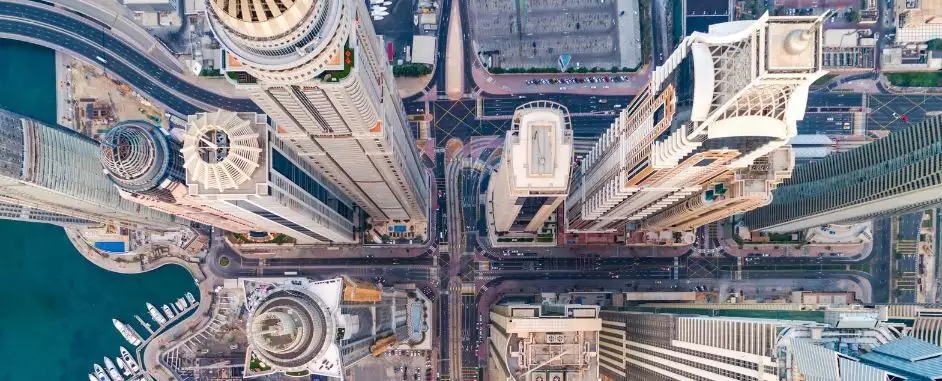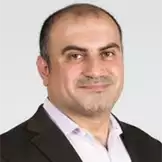Networks are key to achieving the goals of the Middle East and Africa by 2030

Though I’ve traveled the world and lived in many places, the Middle East and Africa has never ceased to amaze me in how quickly it has expanded, adapted and evolved to meet the challenges of the 21st century. The region is home to some of the world’s most wondrous cities, and a diverse ecosystem of critical industries that keep the world’s societies and economies moving forward.
While known best for its rich oil and gas resources which account for a third of the world’s oil production, the Middle East and Africa also leads the world in low-carbon footprint desalination technology - an essential step in addressing global water shortages. It boasts a strong mining market with over 400 mines supplying the world with copper, iron, gold and titanium – essential elements to the construction industry, consumer electronics, communication networks, and more. And the Middle East and Africa is expanding its focus and investment in the manufacturing sector across KSA, Egypt, South Africa and Qatar, with goals aimed at growing the GDP contribution of industrial manufacturing in the Emirates two-fold by 2030. More than 100 seaports in the region help distribute the critical goods mined and made here throughout the global supply chain.
Fast-growing, evolving, sustainable markets need digitalization
The GCC (Gulf Cooperation Council) has laid out its vision 2030 goals for the region which are both inspirational and ambitious. The goals lay the foundation for a more sustainable region and an economy that is more diversified. To meet these goals and capture the business opportunities that will continue to move the regional economy forward, advanced technologies provide the key.
Digitalization allows enterprises to build greater resilience for their business and their operations. Helping to address supply chain challenges, but also providing the tools needed to diversify business models for the future. From a sustainability perspective, Emirates for example has an aggressive target to reach zero waste by 2030. To achieve this, digital technologies can help. Whether it’s connected sensors and infrastructure for monitoring environmental conditions or optimizing operations to create less waste, digitalization holds the key.
Critical networks are essential for meaningful transformation
The World Bank outlined in its report (The Upside of Digital for the Middle East and North Africa (worldbank.org) three foundational pillars for the digital economy – among them is digital infrastructure. As large, medium and small businesses in the region look toward expansion and transformation, the networks that connect them play a vital role. When in place, this essential infrastructure, be it mission-critical, business-critical or society-critical, provides the foundational communications, cloud computing functions and intelligence that make digital era capabilities and applications possible.
Nokia’s networking solutions are at the very heart of digital age development. We are dedicated to bringing technologies like 5G, private campus networks and modernized mission-critical IP/MPLS networks to enterprises, delivering solutions that go far beyond “good coverage.” Our solutions for enterprises provide the elements needed to support productivity-enhancing operational tools like digital twins and AR-guided work instruction for manufacturing. They are essential for increased automation for port operations and mining, and remote and offshore communications coverage for renewable energy operations. Our society-critical network technologies allow for improved situational awareness for public safety and accessibility to smarter citizen services.
This week at GITEX GLOBAL, digitalization and high-performance network technologies are featured front and center. As a host of industries convene for this mega ICT event, they look toward digitalization to provide the resilience and sustainability needed to advance the region – and the world to the next era of Industry 4.0 transformation and our 2030 goals.
Come meet with us at GITEX 2022 to discover how your enterprise can get started.
Learn more about our solutions for Industry 4.0 transformation.
